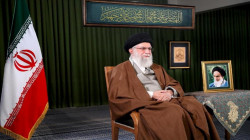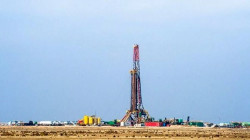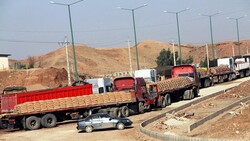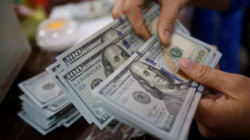U.S. Treasury imposes sanctions on Al-Huda Bank for "Terrorism Financing and Money Laundering"
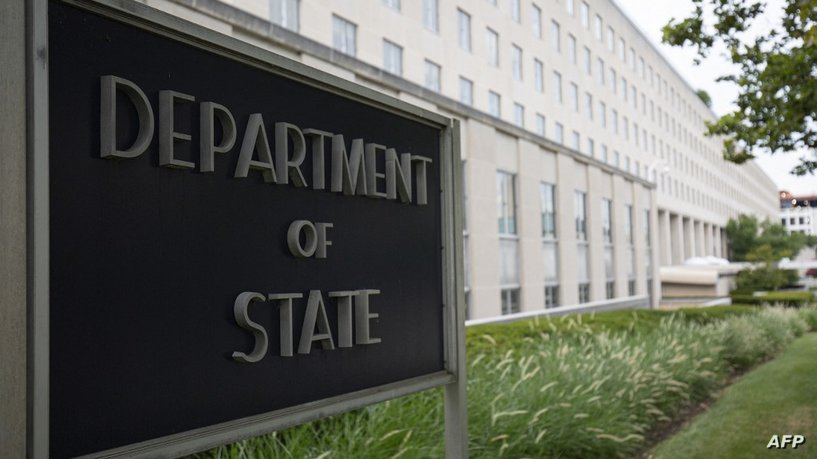
Shafaq News/ The U.S. Treasury issued a finding and notice of proposed rulemaking (NPRM) that identifies the Iraqi Al-Huda Bank as a "conduit for terrorist financing, as a foreign financial institution of primary money laundering concern."
According to the U.S. treasury statement, along with its finding, the Financial Crimes Enforcement Network (FinCEN) proposed a rule that would sever the Al-Huda bank from the U.S. financial system by prohibiting domestic financial institutions and agencies from opening or maintaining a correspondent account for or on behalf of Al-Huda Bank.
In addition, the Office of Foreign Assets Control (OFAC) imposed sanctions on the bank's owner.
"Al-Huda Bank and its foreign sponsors, including Iran and its proxy groups, divert funds that could otherwise support legitimate business and the economic aspirations of the Iraqi people. These bad actors fuel violence that threatens the stability of Iraq and the lives of U.S. and Iraqi citizens alike. Treasury remains committed to its longstanding shared work with the Government of Iraq to strengthen the Iraqi economy and protect both the U.S. and Iraqi financial systems from abuse." The Treasury said.
Under Secretary of the Treasury for Terrorism and Financial Intelligence Brian E. Nelson said, "By identifying Al-Huda Bank as a key money laundering channel for destabilizing terrorist activity by Iran, proposing a special measure that will sever its correspondent banking access, and imposing sanctions on its owner, we can help protect the Iraqi financial system and its legitimate businesses, as well as the international financial system, from abuse by Iran and other illicit actors."
"Evidence available to FinCEN has demonstrated that Al-Huda Bank served as a significant conduit for the financing of Foreign Terrorist Organizations," said FinCEN Director Andrea Gacki. "We will continue to leverage the full range of Treasury authorities to target terrorist financing while simultaneously supporting the legitimate use of the international financial system."
"As described in the finding, for years, Al-Huda Bank has exploited its access to U.S. dollars to support designated FTOs including the IRGC, as well as Iran-aligned Iraqi militia groups including Kata'ib Hizballah and Asa'ib Ahl al-Haq. Moreover, the chairman of Al-Huda Bank is complicit in Al-Huda Bank's illicit financial activities, including money laundering through front companies that conceal the true nature of and parties involved in illicit transactions, ultimately enabling the financing of terrorism."
The U.S. Treasury said that since its establishment, Al-Huda Bank has been controlled and operated by the IRGC and the IRGC-QF.
"After establishing the bank, the Al-Huda Bank chairman began money laundering operations on behalf of the IRGC-QF and Kata'ib Hizballah. Additionally, Al-Huda Bank affords access to the U.S. financial system to actors known to use fraudulent documentation, fake deposits, identity documents of the deceased, fake companies, and counterfeit Iraqi dinar, providing opportunities to obscure the identities of the transaction counterparties to correspondent banking relationship providers."
The proposed imposition of special measure five would prohibit domestic financial institutions and agencies from opening or maintaining a correspondent account for or on behalf of this foreign financial institution.
OFAC also designated Hamad al-Moussawi, the owner and president of the board of directors of Al-Huda Bank, for "his support to the IRGC-QF, including through support for its proxy militia groups in Iraq."
"Al-Moussawi maintains relationships with, and launders money for, the IRGC-QF and Kata'ib Hizballah. He received guidance from the IRGC-QF to establish Al-Huda Bank to conduct money laundering operations for Kata'ib Hizballah, which has a prominent role in laundering money for the IRGC-QF. Al-Moussawi has used partially witting, unaffiliated individuals to execute the purchase of U.S. dollars during currency auctions held by Iraq's central bank by using their identity documents to circumvent limits on currency purchases. Since its inception, Al-Huda Bank has used forged documents to execute at least $6 billion in wire transfers out of Iraq. " the Treasury explained.
